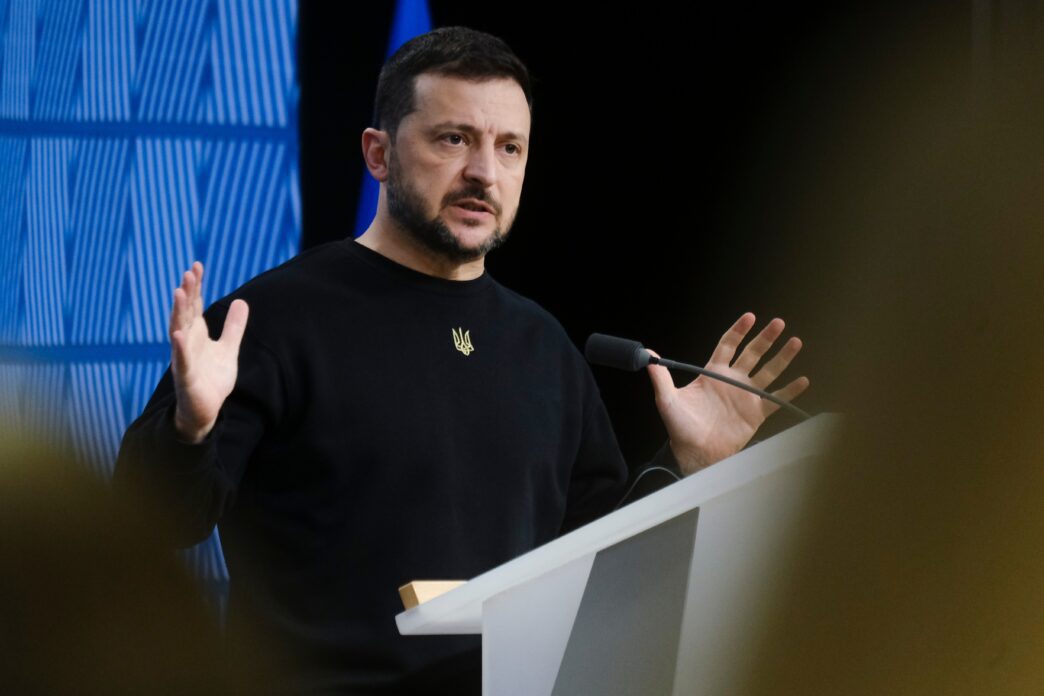Executive Summary
The Story So Far
Why This Matters
Who Thinks What?
EU Enlargement Commissioner Marta Kos issued a stark warning to Ukraine on Tuesday, emphasizing the critical need to avoid backsliding on anti-corruption efforts to maintain its fast-track path towards European Union membership. The caution came as Kos prepared to unveil the EU’s latest progress reports, which commend pro-EU reforms in several other candidate countries, including Moldova, Albania, and Montenegro.
Ukraine’s Anti-Corruption Stance Under Scrutiny
While acknowledging Kyiv’s commitment to reforms amidst Russia’s ongoing aggression, Kos highlighted concerns regarding the robustness of Ukraine’s anti-corruption measures. These concerns follow a significant controversy this past summer over a proposed law that threatened to compromise the independence of key anti-corruption watchdogs.
Ukrainian President Volodymyr Zelenskyy ultimately reversed his controversial decision to assert political control over these agencies in July, restoring their independence. However, EU officials and diplomats indicated that the incident had already damaged Ukraine’s standing as a top-tier candidate in the eyes of the European Commission and national capitals.
Varied Progress Among Candidates
In contrast to Ukraine, Moldova received slightly more emphatic praise for its reform endeavors, despite its accession bid being politically intertwined with Kyiv’s. Kos noted that Moldova has advanced its accession path with accelerated speed, deepening cooperation with the EU despite continuous hybrid threats and destabilization attempts.
The EU’s progress report lauded Montenegro, Albania, Ukraine, and Moldova as the countries demonstrating the most significant strides among applicants. These nations have set ambitious targets, with Montenegro aiming to finalize negotiations by the end of 2026, Albania by the end of 2027, and Ukraine and Moldova targeting 2028.
Geopolitical Context and Russian Interference
The release of this year’s accession report card coincides with heightened apprehension in Brussels and European capitals regarding Moscow’s attempts to draw EU candidates away from the Union’s orbit. Recent elections in Moldova, which saw pro-EU forces prevail, were reportedly marred by “massive Russian interference,” according to President Maia Sandu.
Similarly, Russia has openly courted Serbian leader Aleksandar Vučić, inviting him to Moscow for a military parade. This geopolitical backdrop adds another layer of complexity to the accession process, influencing the EU’s assessments of candidate countries’ resilience and alignment.
Serbia and Georgia Face Strong Criticism
The report is anticipated to be particularly critical of Serbia, the largest EU candidate country in the Western Balkans. Despite declarations of EU membership as a strategic goal, Enlargement Commissioner Kos stated that the actual pace of reform implementation in Serbia has significantly slowed down.
Georgia received the harshest assessment, with Kos declaring that “the situation has sharply deteriorated, with serious democratic backsliding.” The European Commission now considers Georgia “a candidate country in name only,” reflecting profound concerns over its governance and commitment to democratic principles.
Maintaining Momentum in Enlargement
The coming year is poised to be a pivotal moment for all candidate countries, especially those with ambitious timelines for completing negotiations. The EU’s reports underscore a clear message: sustained momentum in reform, particularly concerning anti-corruption and democratic principles, remains paramount for advancing on the path to membership amidst a complex geopolitical landscape.








